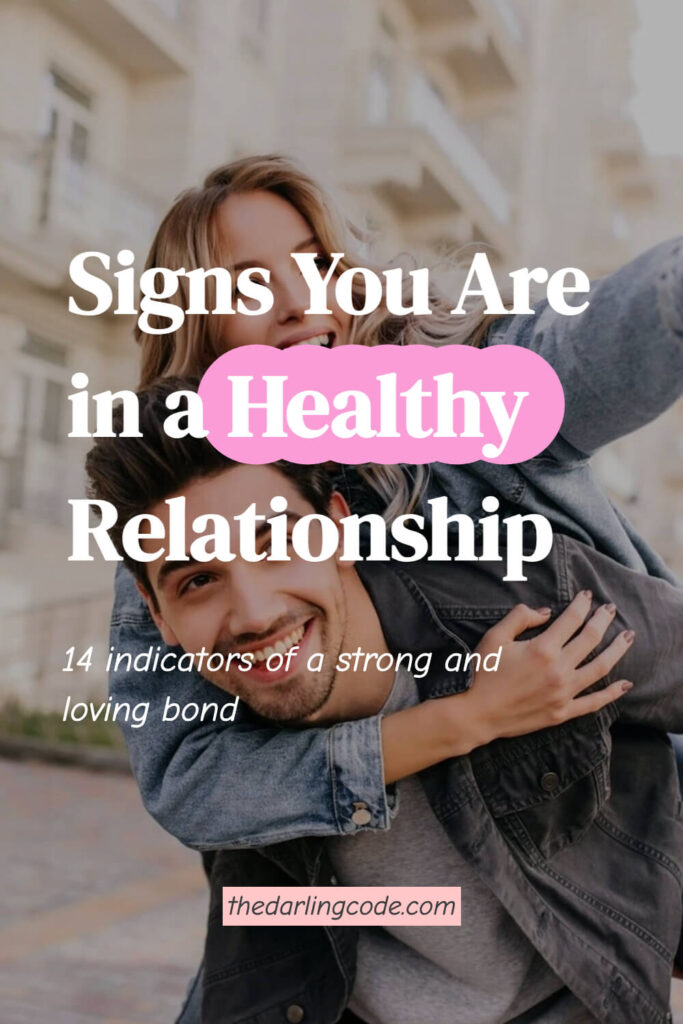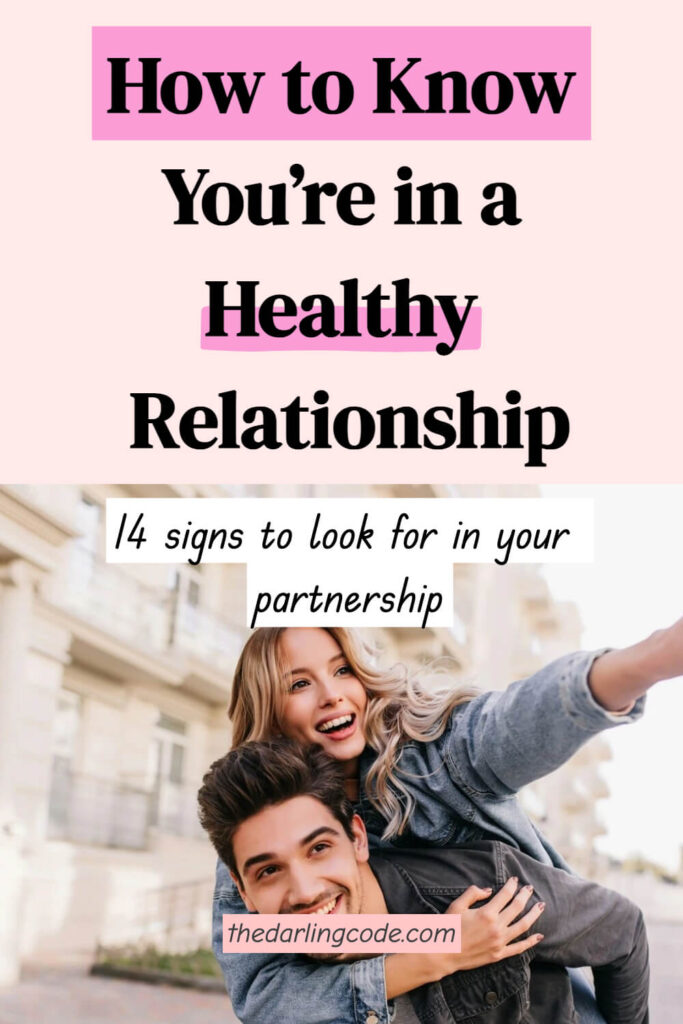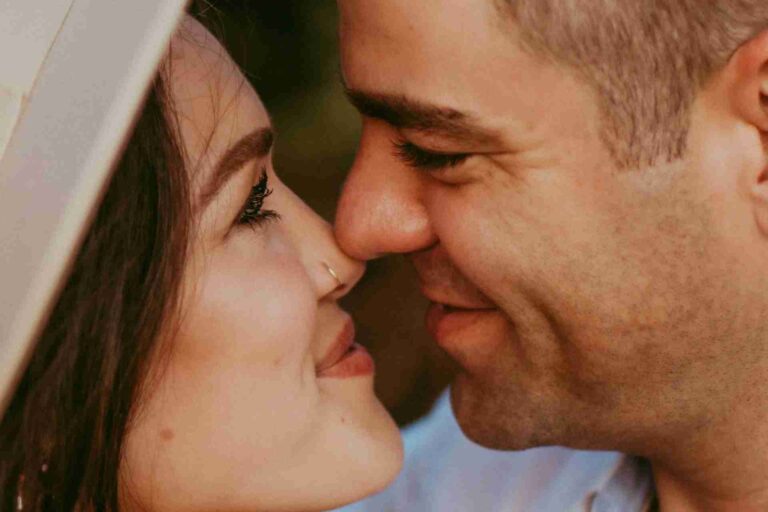14 Unexpected Signs You’re in a Healthy Relationship (That Have Nothing to Do with Perfection)
The experiences shared in this article are based on real emotional journeys, but all personal details are anonymized and used with the explicit written permission of the clients. Any resemblance to actual persons, living or dead, is purely coincidental. We are committed to treating all client stories with the utmost confidentiality and respect.
The Gas Station Epiphany
Last summer, I pulled into a rural gas station during a road trip and witnessed a couple in their 70s arguing over a map.
“You’ve been ignoring the exit signs since 1998!” the wife huffed.
Her husband shot back, “And you still can’t read a thermostat!”
Then—without missing a beat—they both burst into laughter, split a candy bar, and drove off holding hands.
That moment stuck with me.
Healthy relationships aren’t about avoiding conflict or forcing happiness.
They’re about building something sturdy enough to survive real life—and finding joy in the process.
Let’s explore the quiet, often overlooked signs that you’re doing it right.
Save this article for later—Pin it to Pinterest and come back when you need it! 📌

1. You Can Be “Bored” Together Without Panicking
When silence feels like comfort, not a crisis
A client once confessed, “We spent Saturday assembling Ikea furniture and didn’t talk for two hours. I used to think that meant we were failing.”
Later, her partner admitted he’d found the silence soothing: “It felt like we were a team, even while building a stupid bookshelf.”
Why it matters: Relationships thrive on companionship, not constant stimulation.
If you can exist in the same space without performing or entertaining, you’re likely secure.
Try this: Next time you’re together, try 30 minutes of parallel play—you read, they game, no pressure to interact. Healthy love doesn’t demand applause.
2. Your Fights Have a “Refresh Button”
Arguments end with repair, not residue
Early in my marriage, my partner and I developed a code word: “pineapples.”
When tensions rise and we need to reset, one of us will say it—a signal to pause, breathe, and restart the conversation.
We stole this from a couple we met at a diner who’d been married 45 years.
Their code word? “Tupperware.”
Sign you’re healthy: You care more about resolving the issue than winning.
A client’s relationship transformed when they instituted a “post-fight debrief”: After cooling down, they ask, “What did we both do right in that argument?”
3. You’re Allowed to Outgrow Each Other (and Still Stay Connected)
When personal growth isn’t a threat
I worked with a nurse whose husband decided to quit corporate law and become a teacher.
“I was terrified we’d drift apart,” she admitted.
Instead, they created a monthly “State of Us” chat to discuss individual goals and how to support them.
Now, she’s learning Spanish to help his ESL students, while he attends her pottery exhibits.
Healthy sign: You celebrate each other’s evolution. Your relationship isn’t a cage—it’s a greenhouse.
Action step: Share one personal goal this week, then ask: *“How can my growth make *us* stronger?”*
4. You Know Each Other’s “Tells”
The mundane magic of paying attention
One of my favorite couples can detect each other’s moods by how they load the dishwasher.
“If he arranges the forks tines-up, he’s stressed,” she told me.
He laughed: “And if she forgets to wipe the sink, she needs a hug, not a critique.”
Why it’s golden: Intimacy lives in the details. You’re not just lovers—you’re fluent in each other’s private language.
Try this: Identify one new “tell” this month.
Does their coffee order change when they’re anxious?
Do they text differently when overwhelmed?
Document it like a love anthropologist.
5. You’ve Survived a “Non-Romantic” Crisis Together
Love isn’t tested by champagne toasts—it’s forged in IKEA parking lots
A client realized her relationship was solid not during their Paris vacation, but when food poisoning left them both vomiting in a roadside motel.
“He held my hair back, then joked, ‘Next time, you’re cleaning the bathroom.’ Suddenly, I knew: This is my person.”
Healthy indicator: You’ve seen each other at rock bottom—and still choose to climb back up together.
Reminder: Surviving unglamorous disasters (flat tires, flooded basements, failed soufflés) builds more trust than 100 romantic dinners.
6. Your Vulnerability Has an Open-Door Policy
No topic is “too awkward”
A shy client blushed while telling me her partner had asked, “What does your anxiety need from me today?” during a panic attack. “I didn’t know I could request specific support,” she said.
Now, they keep a shared notes app list titled “My Weird Needs” with entries like:
- “Touch my back during parties—I’ll squeeze your hand twice if I’m drowning”
- “Don’t fix it when I rant about work—just say ‘That sucks’ and bring snacks”
Sign of health: Emotional safety means knowing your quirks won’t be mocked, dismissed, or weaponized.
7. You’ve Created a “Cult of Two”
Inside jokes, rituals, and a shared worldview
One couple I know buys a souvenir magnet from every gas station they visit. Another communicates in Simpsons quotes.
My partner and I have a running list of “Things That Would Ruin Our Marriage” (e.g., living in a house with carpeted bathrooms).
Why it works: These micro-cultures act as relational glue.
They’re proof you’ve built something uniquely yours.
Start small: Invent a ridiculous tradition this month.
Example: Tape a “Most Dramatic Sigh” award to whoever complains first about folding laundry.
8. You’re Each Other’s Soft Place to Land—Not Their Entire World
Interdependence > codependence
A client’s breakthrough came when her partner said, “Go to the writer’s retreat. I’ll miss you, but your novel matters.”
She admitted, “I’d expected jealousy. Instead, he packed my favorite tea bags.”
Healthy marker: You’re invested in each other’s joy, even when it doesn’t directly involve you.
Try this: Encourage one “selfish” act this week—a solo hike, a guilty-pleasure movie night—then debrief what it sparked in them.
9. You Can Navigate the “And Zone”
Where contradictions coexist peacefully
A couple once told me their secret was embracing “and” statements:
- “We’re exhausted AND still making time to connect”
- “I’m furious about how you forgot our trip AND I still love you”
- “This parenting phase is brutal AND we’re doing okay”
Sign of strength: You acknowledge complexity instead of demanding simplified emotions.
Love isn’t black-and-white—it’s a kaleidoscope.
10. Your Physical Connection Adapts
Intimacy evolves without resentment
After a client’s chronic illness diagnosis, she and her partner redefined touch:
- Held hands during medical scans instead of date nights
- Traded massages for gentle hair-stroking when pain flared
- Created a “comfort menu” of non-sexual affection options
Healthy insight: Flexibility beats pressure. If your intimacy morphs with life’s seasons without losing warmth, you’re winning.
11. You’ve Mastered the “5-Minute Check-In”
Daily maintenance > grand gestures
A busy teacher couple uses their commute for mini-connection:
- 1 minute: Share a highlight from their day
- 1 minute: Vent a frustration (no solutions allowed)
- 3 minutes: Plan one tiny joyful act for tomorrow (e.g., “Let’s eat lunch outside”)
Why it works: Regular micro-moments prevent emotional drift.
12. You Protect the “We” Without Losing the “Me”
A lesson from a thrift store clerk
I once heard an elderly employee advise a newlywed, “Keep one shelf for his weird collectibles, one for your romance novels, and the rest for what you build together.”
Final sign: Healthy love is a mosaic—individual pieces creating a resilient whole.
13. You Wage Peace, Not War, Over Household Chores
A couple I worked with nearly divorced over dishwashing disputes—until they realized their fights weren’t about crumbs, but care.
They instituted a “trading failures” system: “I’ll fold your wrinkled shirts without comment if you stop judging my ‘messy’ gardening tools.”
Healthy sign: You treat chore conflicts as opportunities to learn each other’s love dialects.
A forgotten trash day becomes a chance to say, “I know this matters to you—let me fix it,” not a scorecard moment.
Try this:
- Swap one chore you both hate monthly (bonus points for dramatic bargaining: “I’ll clean the litter box if you handle my mom’s birthday call”).
- Celebrate “wins” with a silly ritual (e.g., ringing a bell when the laundry’s folded).
14. You’ve Built a “Memory Bank” of Ordinary Joys
One couple’s oven broke during a snowstorm.
Instead of panicking, they cooked pancakes on a camping stove, documenting the chaos with blurry selfies.
Now, when life implodes, they say: “Remember the Great Pancake Blizzard? We’ve survived worse.”
Why it’s golden: Healthy relationships collect unremarkable moments that become lifelines.
Your inside jokes about burnt toast or that one weird roadside attraction you visited?
Those are the bricks in your fortress.
Action step:
- Start a shared notes app list titled “Proof We’re Okay”—add small wins (e.g., “Both laughed during the daycare lice outbreak”).
- Recreate a “meh” memory monthly (e.g., eat gas station sushi again—but this time, hold hands while you do it).
Final Words from The Darling Code
Notice three things today:
- A moment you felt safe to be imperfect
- An instance where your partner “spoke” your private language
- A tiny proof that your relationship adapts
Healthy love isn’t a destination—it’s the sum of intentional, unglamorous choices. You’re already building it, one laundry-folding argument and inside joke at a time.
With heart,
The Darling Code
P.S. Save this to your “Healthy Relationship” Pinterest board and try the “5-Minute Check-In” tonight.
Bonus points if you do it while folding socks or waiting in a drive-thru.
Got value from this article? Pin it to Pinterest for easy reference and help others discover it! 🌟


ABOUT THE AUTHOR
Carsey, Founder, Editor-in-Chief & Relationship Coach
Carsey is the heart and mind behind this space. As a Relationship Coach and Editor-in-Chief, she blends practical advice with storytelling to help you navigate love, connection, and everything in between.






